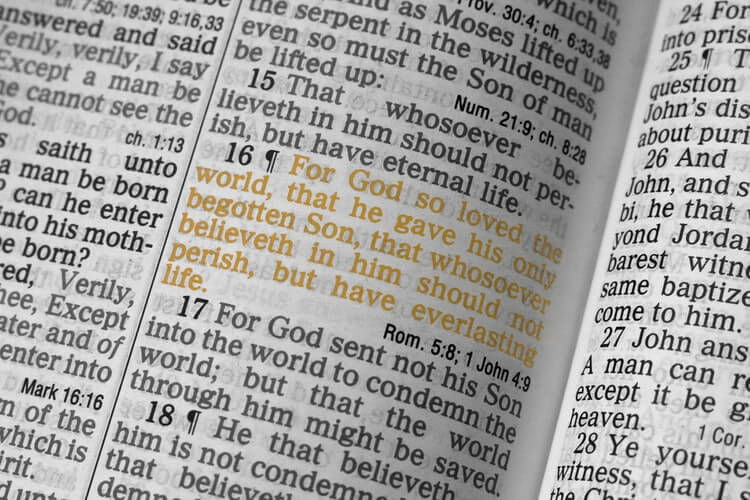Faith is often spoken of as a comfort, a warm, sustaining presence when life becomes difficult. Yet not all faith is the same. Some faith crumbles at the first sign of trouble, while other faith stands like a rock against the fiercest storms. The difference is not in how much we know about God or how many years we have been believers, but in the strength and nature of our trust. A naïve and weak faith may glow brightly in fair weather but falters when confronted by tragedy, malevolence, or the quiet ache of unanswered prayers. By contrast, a courageous faith refuses to let go of God, no matter how bitter or barren life becomes.
Naive faith often begins with untested optimism, resting on the unspoken assumption that God’s role is to shield us from pain, answer our prayers as we hope, and make our path smooth. When life follows that script, this faith thrives. But reality tears away such illusions. A tragedy strikes, a death, a betrayal, a sudden loss of stability. Malevolent forces work against us through injustice, cruelty, malice, or just being taken advantage of. Or perhaps, in quieter but equally painful ways, we simply do not receive what we have long prayed for. When this kind of faith meets disappointment, it can feel as if the ground has been pulled out from under us. God may seem absent, silent, or uncaring. Spiritual trauma sets in, leading to resentment toward the very One in whom we once trusted. The collapse comes because the foundation was built on the expectation that God’s love would always look like comfort and provision.
Courageous faith is of a different kind. It is not naive; it counts the cost in advance. It says, “No matter what happens, even if my life becomes terrible and miserable, I will not lose faith. I will still trust.” This faith anticipates suffering, recognizes injustice as inevitable in a broken world, and yet clings to God’s faithfulness beyond circumstances. It is the faith Daniel had in the lions’ den, the faith Job had when he declared, “Though He slay me, yet will I trust Him,” and the faith of Shadrach, Meshach, and Abednego when they stood before King Nebuchadnezzar, refusing to bow to his golden image: “O Nebuchadnezzar, we have no need to answer you in this matter. If that is the case, our God whom we serve is able to deliver us from the burning fiery furnace, and He will deliver us from your hand, O king. But if not, let it be known to you, O king, that we do not serve your gods, nor will we worship the gold image which you have set up” (Daniel 3:16–18 NKJV). This is the essence of courageous faith. Even if God does not do what we hope, we will still love, trust and serve Him all the same.
Such faith is not built overnight. It is forged in the smaller battles of life, moments when we choose to trust in confusion, obey in hardship, and cling to God’s character rather than His gifts. It grows by knowing God’s nature through Scripture, allowing His Word to redefine what “good” truly means, choosing obedience in difficulty as well as in comfort, and surrounding ourselves with the examples of others who have stood firm in adversity. It comes from grappling honestly with life’s hardest questions, refusing to run from mystery, and accepting that God’s ways are higher than ours. This does not mean blind trust that ignores pain, but a deliberate decision to keep walking with Him in the dark.
The storms of life are inevitable. Naive faith may leave us wounded, angry, full of doubts, resentful, and alienated from God when life hurts. Courageous faith, however, endures any season, not because we are strong, but because it rests on the unchanging reality of who God is, not on the shifting sands of what He gives. Such faith transforms suffering from a reason to resent into an opportunity to grow. It can find meaning even in loss, hope even in silence, and love for God even when every visible reason to trust has been stripped away. Faith, then, is not about avoiding pain. It is about remaining unshaken in devotion, knowing that God is worthy of our love and trust in the furnace, in the lions’ den, in the ashes, and in the storm.


 More Than Time, It’s Relationship.
More Than Time, It’s Relationship.
